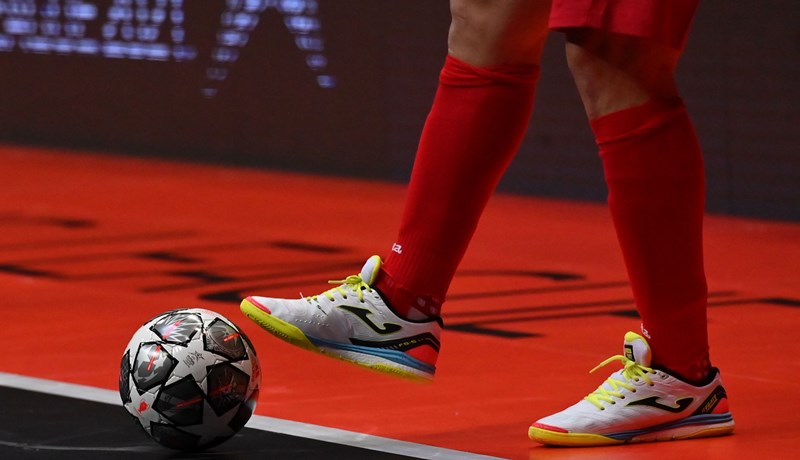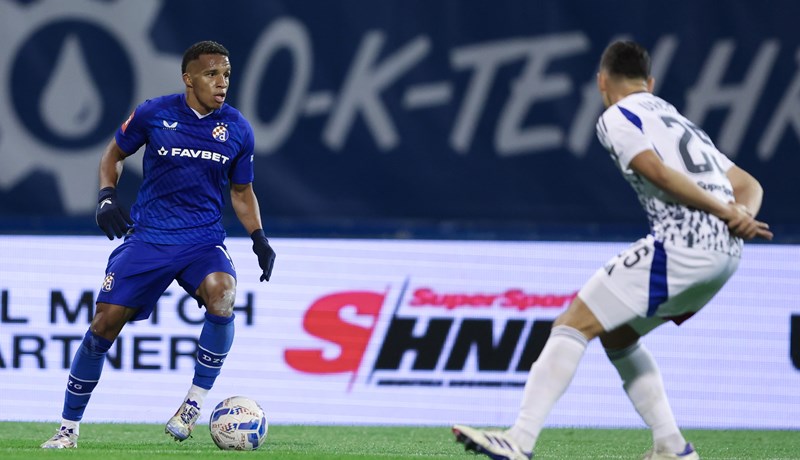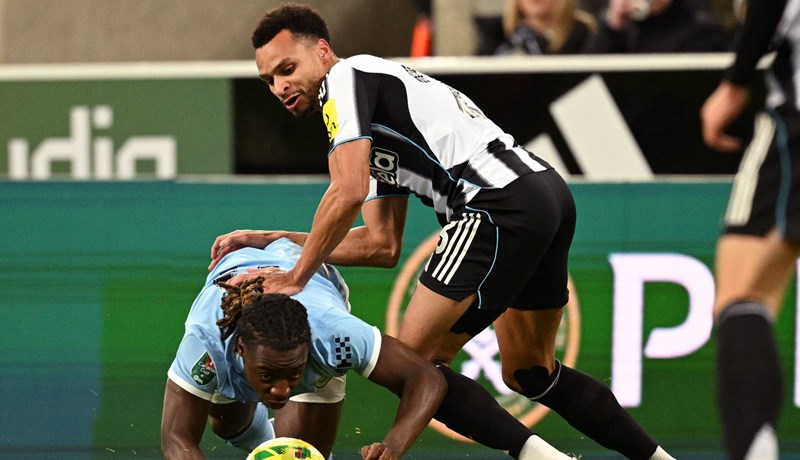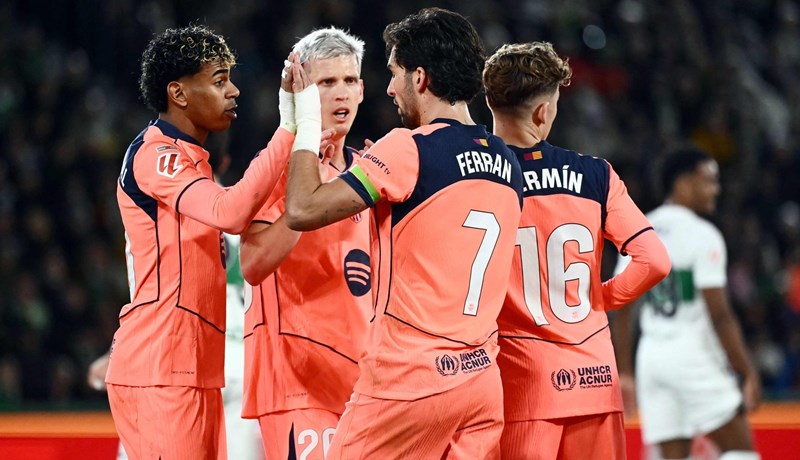Lynx17 je napisao/la:
 MISSION IN SPAIN – INTER DREAM OF MODRIC
MISSION IN SPAIN – INTER DREAM OF MODRIC
The blitz by Ausilio and contacts with the Croatian’s entourage: could be a mentor of Kovacic.
Montoya and Bartra, negotiations with Barcelona.
 DREAMING OF MODRIC
DREAMING OF MODRIC
Inter made a blitz to Real Madrid. The Croatian as Kovacic’s mentor?
Sporting director Ausilio flew to Spain and made contacts for the midfielder
And in Barcelona, talks of Montoya and Bartra emerge again but there is Handanovic.
Milan – Two blitzes: first in Madrid and then in Barcelona. The week started with sporting director Piero Ausilio landed in Spain for the two matches in the Champions League but also to talk transfer market. The targets are already well known, that of Barcelona at least with Montoya and Bartra but also Luka Modric, the Real Madrid midfielder that Inter have liked for many years. This deal is complicated but asking for information does not cost Inter anything and so they did. They are saying in Spain that contacts were made with the player’s representative who suggested to recreate Inter with the duo of Modric and Kovacic.
Loan hypothesis Luka Modric is making more than five million a season and has a five-year contract which he signed with Real Madrid in 2012. The Spanish club had to pay Tottenham 30 million euros for the service of the Croatian midfielder. In short: it is anything but easy to sign the player. However, there are many reasons: Real Madrid could be going through a revolution and Modric was the player that Jose Mourinho explicitly asked for but now the coach is going to leave the club. That plus the fact that the Croatian has not been brilliant this season and has often been criticized because Real paid so much for him. Then we have Ancelotti. The Italian is the next coach on the bench of Real Madrid and with him, he wants Verratti at all costs. According to L’Equipe, the agent of the Italian midfielder is in Madrid at this time to talk about the transfer. Now, it is true that Verratti and Modric can play together but the Croatian perhaps is no longer considered to be non-transferable. While Modric would be perfect for Inter and that midfield. So in short, the inquiry a few days ago could then become a “let’s talk” with Real Madrid: perhaps initially with the formula of a loan.
Vidi cijeli citat
gornja slika me podsjetila na stari dobri ´´Guerin Sportivo´´ .100 stranica nogometa,uvijek sam ga volio citat
http://www.repubblica.it/sport/calcio/serie-a/inter/2013/05/03/news/stramaccioni_infortunati_cassano-57984931/. Un sogno destinato a restare tale soprattutto dopo le parole
dell'agente del giocatore: ''Anche se l'Inter e una buona squadra - ha
detto Mario Mamic

a tuttomercatoweb - Luka vuole restare al Real. So che
Kovacic ha un bel rapporto con Modric, ma al massimo possono giocare
insieme in nazionale perche Luka vuole solo il Real Madrid e non c'e la
minima possibilita che vada via".
kaze Mamic nema nikakvi sansi da ide iz Madrida
nema Inter para,jedini u Italiji ga moze platit Juve a i to je manje nego sad
[uredio KORISNIK 007 - 04. svibnja 2013. u 00:17]
https://www.facebook.com/FCBrugesNoSweatNoGlory/videos/1448509875268385/ OLELE OLALA ALLE BRUSSELEIRS DA ZIJN SUKKELEIRS!!!
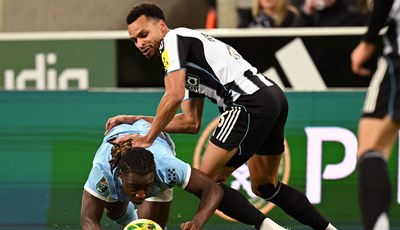
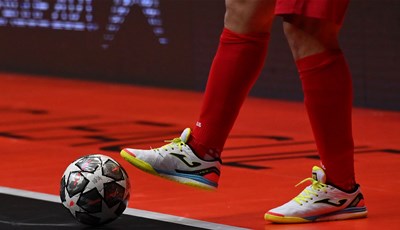
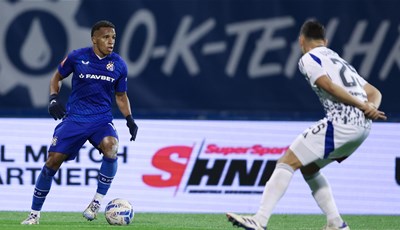
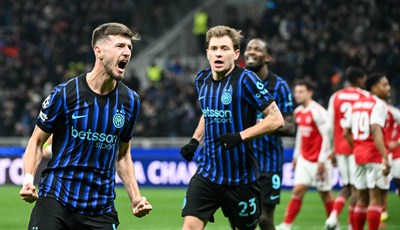
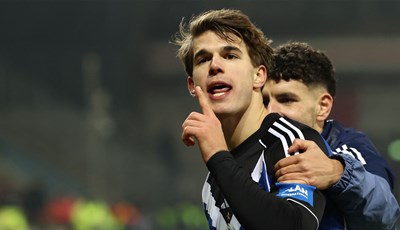
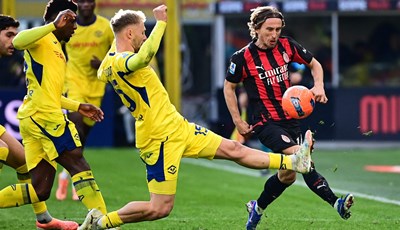
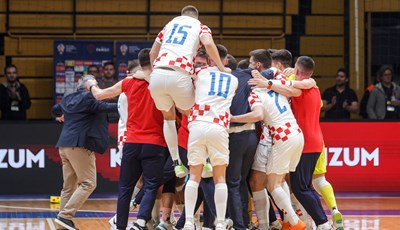
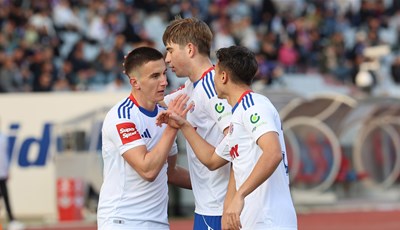


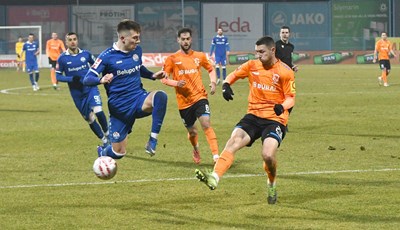



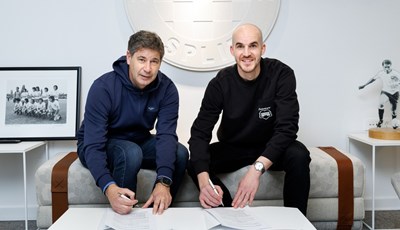
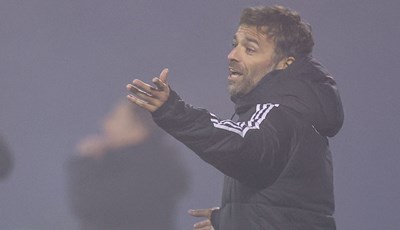



 a tuttomercatoweb - Luka vuole restare al Real. So che
a tuttomercatoweb - Luka vuole restare al Real. So che




